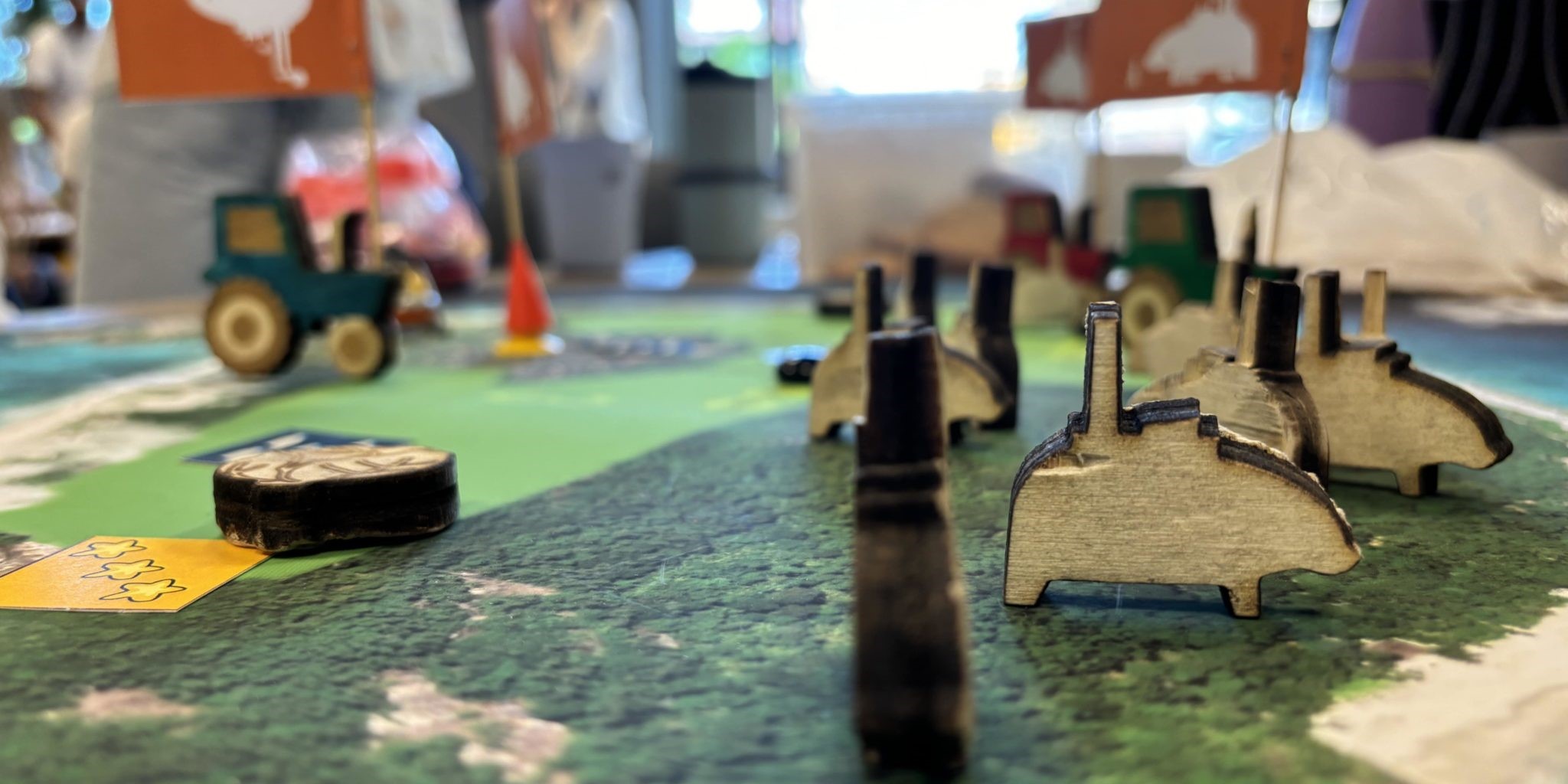Award to a serious game based on the SWIFT project
Swiftville, based on the SWIFT project (Supporting Women-Led Innovations in Farming and Rural Territories), led by Instituto INGENIO, mixed centre of Universitat Politècnica de València (UPV) and the Spanish National Research Council (CSIC) has been awarded as the most successful game in the concluding stage of the Redesigning Global Farming & Food Systems Master’s course, hold by in Wageningen University & Research (WUR). The students of the Master's course played during the session eight "serious games" – games intended for a purpose other than pure entertainment. The board games had been developed by the students themshelves and dealt with various food and agriculture issues.
"Games can help formulate a vision. They let you look at problems from different angles, but they can also help players to imagine a potential future, a desirable future." These words come from Federico Andreotti, as he sketched the purpose and benefits of serious games at the start of the event. Together with Hannah van Zanten, he coordinates the Master’s course in Redesigning Global Farming & Food Systems. In this course, now into its second year, students learn how to develop serious games that can help in the design of complex agricultural and food systems.
As Andreotti explains, this involves a lot of aspects. The game requires a good game guide who makes sure the players play the game correctly, a sound scientific basis for the content, and story lines and scenarios that prompt relevant interactions between the players, leading to useful research data from observations and evaluations of the game and follow-up workshops. "The game design starts with an exercise in which students identify the main actors and resources in the system," says Andreotti. "Then the students have to define the dynamics at play, whether ecological, social or political. The hardest part for them is figuring out how all these factors interact with one another. That is basically what drives the game."
Design
The design is also important in determining the game dynamics. This year, particular attention was paid to this aspect with a visit to the University of Twente’s DesignLab, where the students could let a designer test their games. They were also able to make game components, such as the board and tokens, in the lab using 3D printers and a laser cutter. The results of their efforts were on show in Plus Ultra II at the start of May. Eight tables were set up with games centred on how to allocate scarce resources — water, food, control. The players had to overcome realistic obstacles, from natural disasters to a lack of money, and from the abuse of power by other players to discontent within the community. Despite the relaxed atmosphere at the tables, people were fully aware these games were based on real-life situations.
Finally, according to the jury, the most successful game was Swiftville, based on the SWIFT project, in which are participating 13 European partners and led by our researcher Marta Guadalupe Rivera Ferre.




